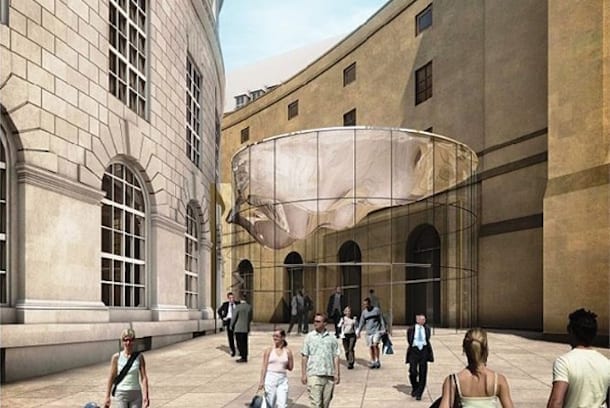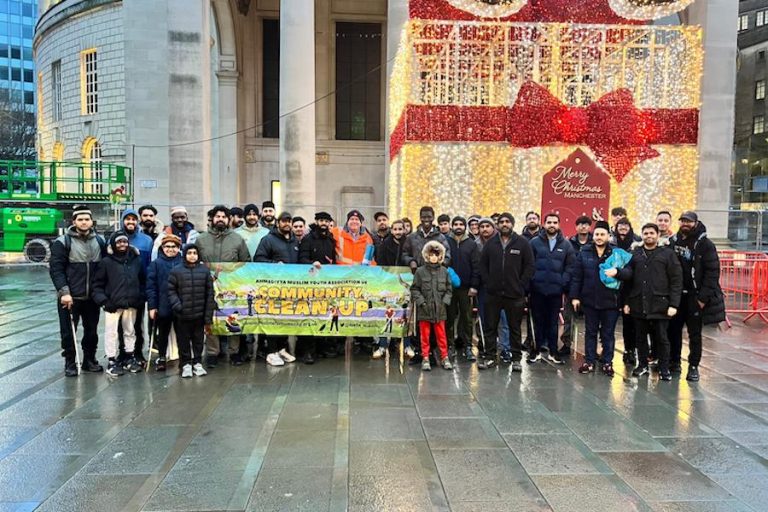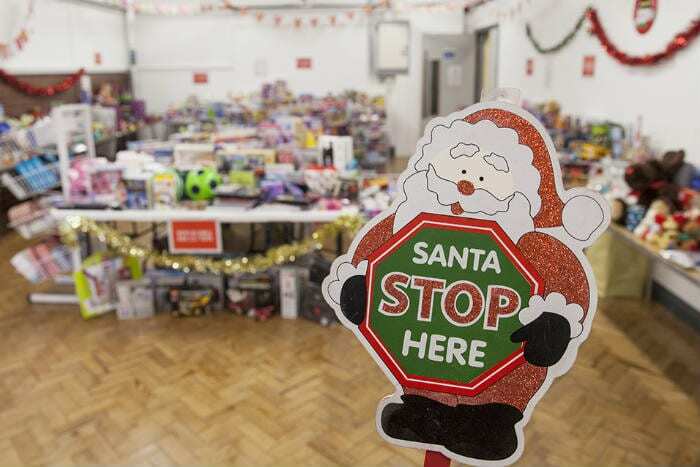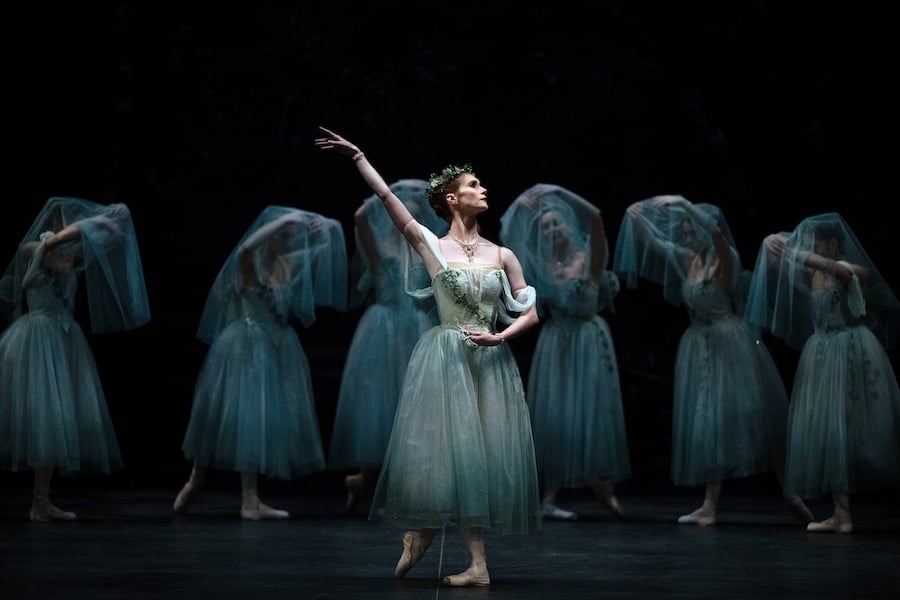Manchester’s Multi-Million Pound Makeover
- Written by Simon Binns
- Last updated 9 years ago
- Sport

Manchester is gearing up for another cycle of redevelopment that will see various sites brought forward and shiny new obelisks erected.
But let’s not forget that the city has spent a fair old whack modernising and polishing up Manchester’s more historic assets recently, too.
‘As a progressive city, we can
often bemoan change.’
The Royal Exchange is set for a multi-million pound revamp – including a roof garden and 120,000 sq ft of new office space.
The Central Library and Town Hall extension have had their £170m facelift, opening out the former Rates Hall in the latter to one of the city’s most jaw-dropping public spaces.
The two are now linked by THAT new glass walkway, which has divided opinion among fans of the built environment, but which I actually quite like, despite knowing nothing about any of that. Both sides of the Town Hall – Albert Square and St Peter’s Square – will soon be able to claim to be the desirable public spaces they always teased at.
Victoria Station, tacked on to the hugely successful Manchester Arena, is being given a £44m spruce-up that will transform the grim and drafty interchange into a light and airy space – thanks largely to a new glass roof. The works will bring to the foreground many of the 1844 building’s Grade II listed features such as the war memorial, glass dome, Soldiers Gate, station mosaics, wall map and the glass and iron canopy that runs the length of the station façade.
Near Manchester’s other main mainline station, Piccadilly, plans are afoot to revive and redevelop the former Mayfield Depot and London Road Fire Station-if anyone stumps up the £10m being asked for the latter, of course.
And the Whitworth has shown just how well you can merge the old with the new with a £15m redevelopment which cleaned up the original 1889 frontage alongside a clean and modern glass extension at the back end, overhanging and overlooking the vast park. An impressive collection of contemporary artwork is now complemented by a jaw-droppingly handsome home.
Manchester’s historic cotton mills are all part of the post-industrial renaissance, as the mills of Ancoats become a des res for would be apartment dwellers.
And the Corn Exchange is hoping to end a 20-year identity crisis by spending £30m on its current conversion into a food and drink hub.
As a progressive city, we can often bemoan change. Everything was better age ago, because we were younger. But in terms of mixing the old with the new, we’re not doing too badly. For all the new bars, restaurants, coffee shops, office blocks and whatever else gets thrown up as Manchester embraces wave after wave of investment, there will still remain plenty of pieces of the city that once was.
The only real difference is that you can probably buy a latte there now.
- This article was last updated 9 years ago.
- It was first published on 20 May 2015 and is subject to be updated from time to time. Please refresh or return to see the latest version.
Did we miss something? Let us know: [email protected]
Want to be the first to receive all the latest news stories, what’s on and events from the heart of Manchester? Sign up here.
Manchester is a successful city, but many people suffer. I Love Manchester helps raise awareness and funds to help improve the lives and prospects of people across Greater Manchester – and we can’t do it without your help. So please support us with what you can so we can continue to spread the love. Thank you in advance!
An email you’ll love. Subscribe to our newsletter to get the latest news stories delivered direct to your inbox.
Got a story worth sharing?
What’s the story? We are all ears when it comes to positive news and inspiring stories. You can send story ideas to [email protected]
While we can’t guarantee to publish everything, we will always consider any enquiry or idea that promotes:
- Independent new openings
- Human interest
- Not-for-profit organisations
- Community Interest Companies (CiCs) and projects
- Charities and charitable initiatives
- Affordability and offers saving people over 20%
For anything else, don’t hesitate to get in touch with us about advertorials (from £350+VAT) and advertising opportunities: [email protected]

Meet the artist on a mission to change the way we see neurodivergence

Greater Manchester shows the world what true community looks like after disastrous floods

New year clean-up brings neighbours together to remove 500kg of rubbish from our streets

Best bars and pubs to watch the football and live sport in Manchester

The very special toy shop where parents don’t pay a penny is open – and busier than ever















